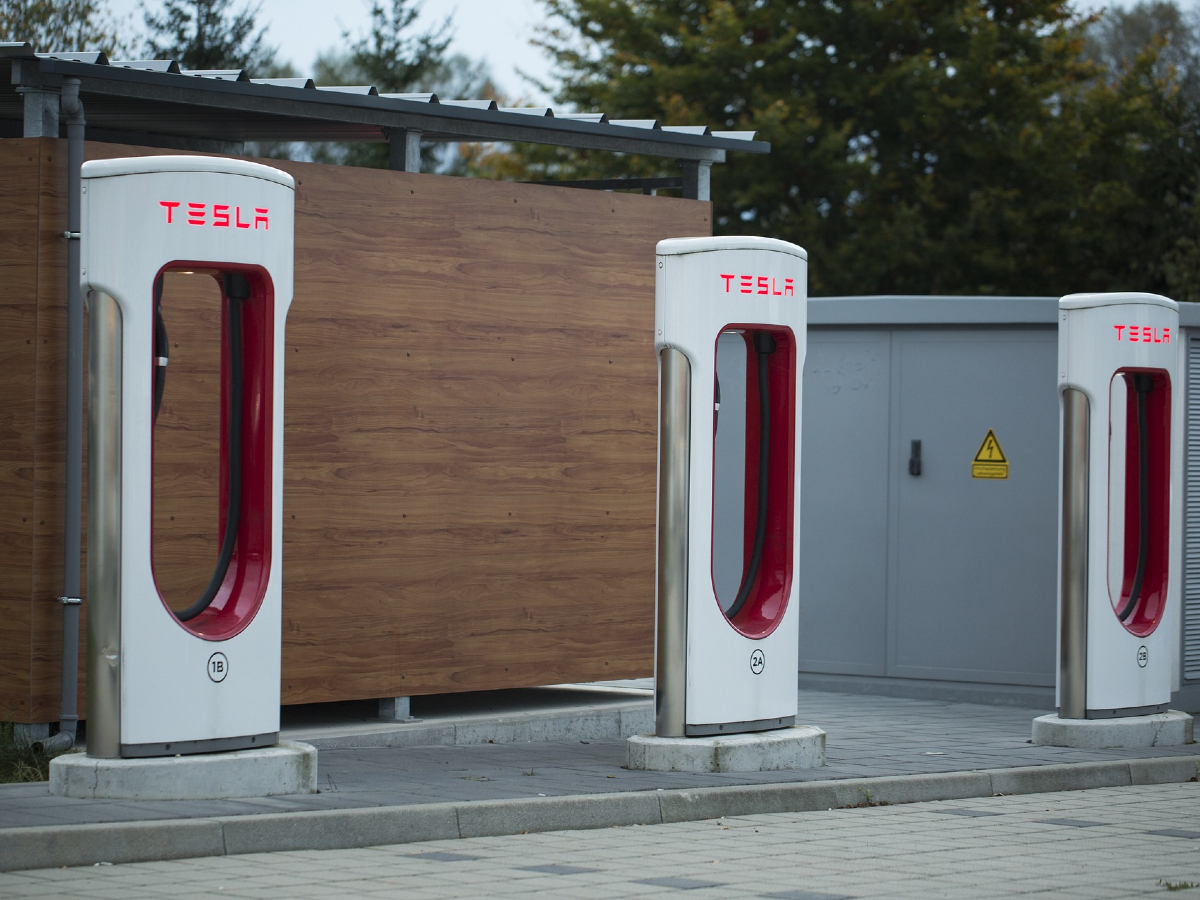
Despite the Bitcoin-esq wave of obsession that so many people have jumped on board with when it comes to EVs, it suddenly feels like sooner or later, you’re going to hear some version of this around the watercooler, “A funny thing happened on the way to the Tesla dealership… We turned around.”
In a new 2024 Edmuds EV Sentiment Study, it seems that the supply of electric vehicles is not quite on par with the demand, but not in the way you might have learned in economics class. There is a litany of EVs to choose from, but the problem is that many potential customers don’t want them. Here’s why:
EV shoppers want a cheaper car
As with just about any car, people want to pay as little as possible for it. Even with high-profile brands like Porsche and BMW, those companies have found ways to create less-expensive variants of their gas-powered cars to broaden their customer base and increase profit margins.
The issue with EVs is that while many people think they are cool and a great way to embrace the future, the barrier to entry remains their cost. 47% of consumers surveyed said they wanted an EV for less than $40,000, while 22% said they would consider one for less than $30,000.
The harsh reality is that currently, no new EV is available for purchase for less than $30k, and only four check in under $40k: the Mini Hardtop 2-Door, Nissan Leaf, Fiat 500e, and Hyundai Kona Electric. Beyond that, with such sparse pickings to choose from, none of these cars offers much in the way of a family-oriented space, furthering the issue of impracticality.
EV customers don’t want electric pickup trucks
In what seemed like a questionable game plan from the get-go, automakers would’ve done well to employ a survey like this before spending billions of dollars on R&D and ad campaigns touting how their new EV truck is king of the world. As it turns out, consumers don’t really want electric trucks. Whoops. 43% surveyed said they wanted a car, while 42% said they’d consider an SUV. Just ten percent expressed interest in an electric truck.
Generally speaking, many who purchase a pickup truck either for business or personal use tend to err on the conservative side, which translates into later adaptation to new things, like fully electric vehicles. Yes, it’s nice that you can power your whole house or campsite with the new Rivian R1T, but most truck owners are more concerned with running out of juice in the middle of a blizzard with a new hot water heater in tow to make sure their family can have a hot shower in the morning. So for that, the tried and true fossil-fueled F150s, Rams, and Silverados of the world still rule the roost, at least for now.
The most trusted brands don’t make (enough) EVs
As you might expect, Tesla has the highest consumer confidence in EV production. But companies like Honda and Toyota, which rank third and fourth, have just one EV on the market today between the two of them. The takeaway here is that Tesla aside, there are precious few options available from (consumer-perceived) trustworthy brands.
This isn’t a production faux-pas either, as Toyota recently made a controversial statement that they believed hybrids were the wave of the future, not full EVs. Call it a self-fulfilling prophecy, perhaps, but their showroom lineup has echoed this sentiment, with a few tremendously selling hybrids and just one EV lagging behind.



